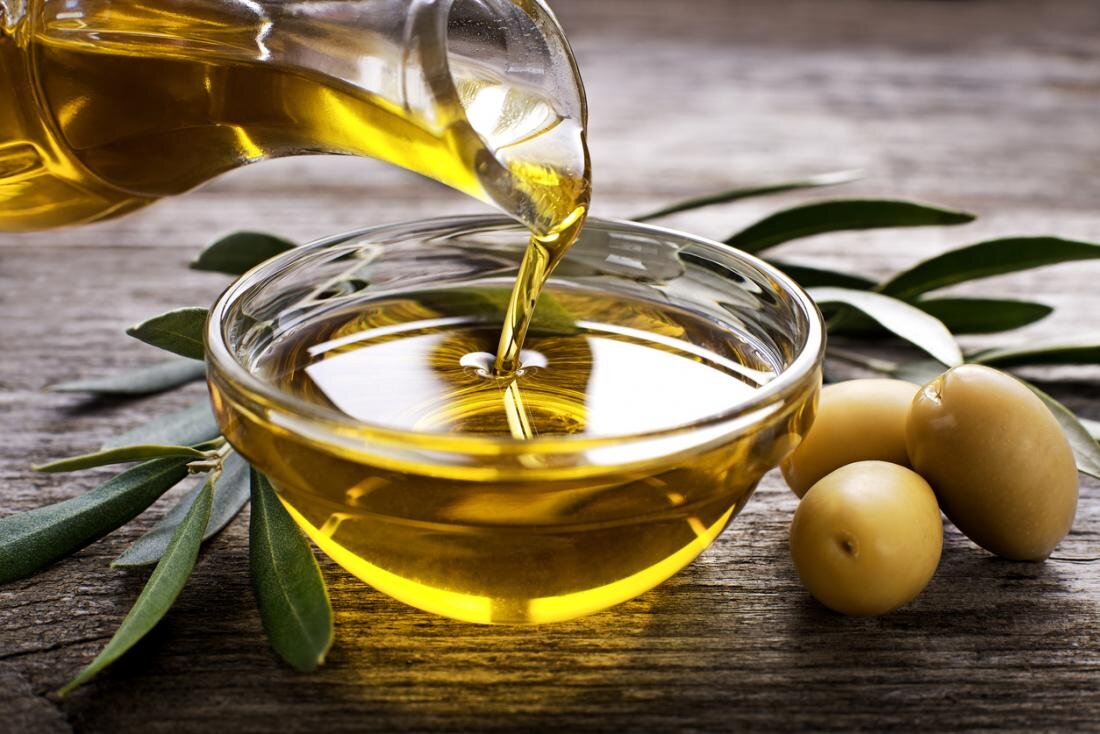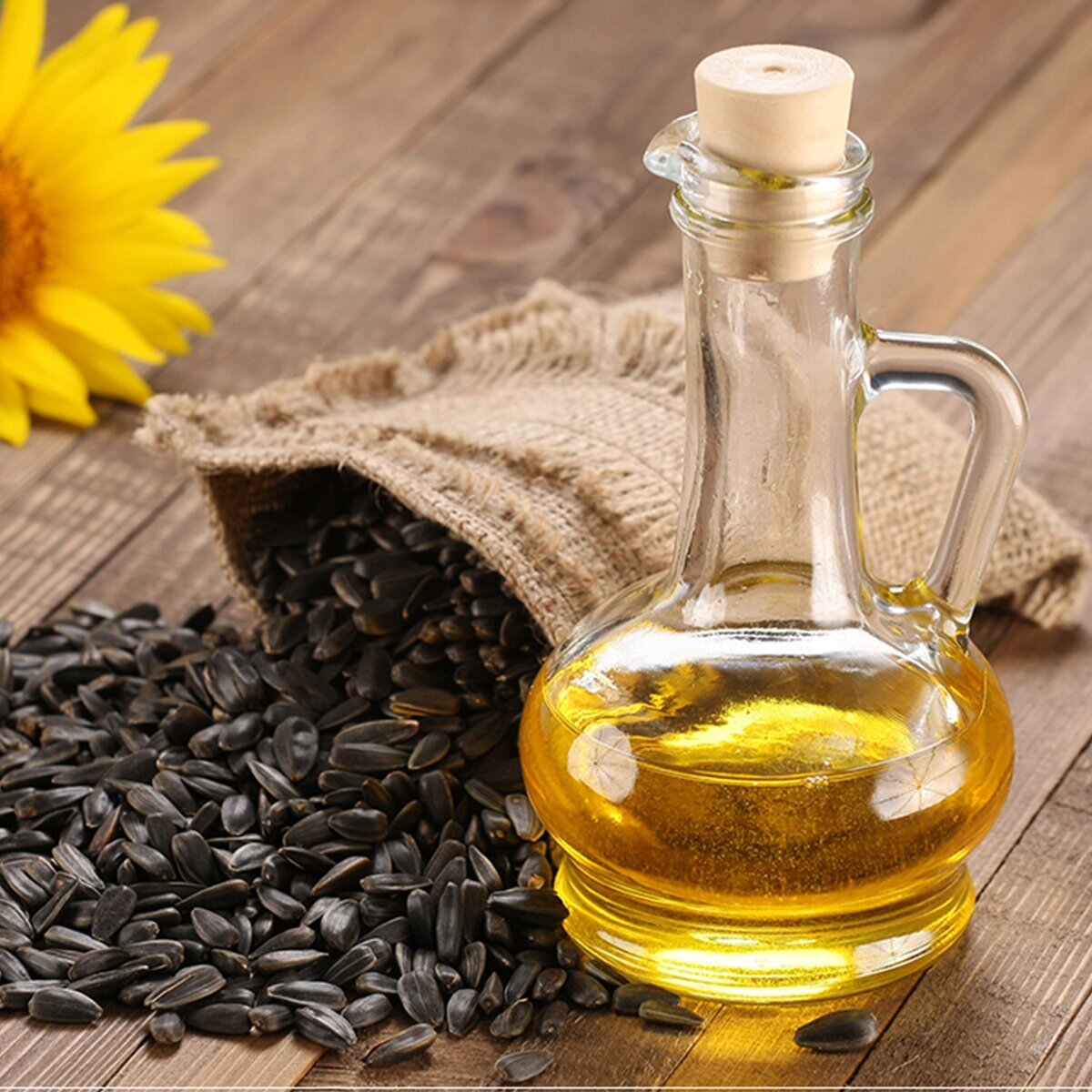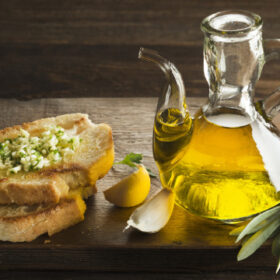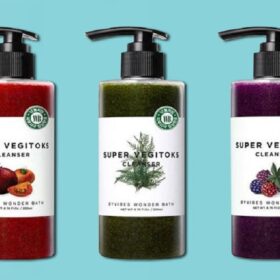Skip to main content in article(see)
Vegetable oil has become a familiar ingredient in Vietnamese family kitchens with attractive fried, stir-fried or mixed salad dishes. However, currently people are still subjective in using and preserving vegetable oils, leading to long-term harmful effects on family health, especially children.
1. Use vegetable oil for low-temperature dishes
According to research by Polish nutritionist – Professor Grazyna Cichosz, when vegetable oil is heated above 180 degrees Celsius, the unsaturated fatty acids (Omega-3 and Omega-6) in the oil will have structural disorders. cell structure, creating biological amines that cause people to become immunocompromised due to excess fluid and increase the risk of cancers such as rectal, liver, lung… In fact, to ensure exactly when the temperature is Oil boiling reaches 180 degrees Celsius, consumers can buy additional specialized cooking thermometers to check and ensure health safety when cooking.

However, to be safest, vegetable oil Recommended for use in low-temperature cooking dishes such as salads, soups and mixed dishes instead of dishes such as fried spring rolls. With these dishes, vegetable oil not only enhances the flavor of the dish but also brings out all its uses, good for the health of the whole family. Currently, researchers still do not have a consensus on how much oil should be used in a day, but 2 teaspoons is the recommended ideal level.
2. Choose cold pressed oil
Cold pressed oil is an oil obtained from fruits or seeds through crushing and pressing with a granite mill or modern stainless steel industrial machine. When pressing, the oil pressing temperature should not exceed 49 degrees Celsius, and do not use additional chemical solvents. Therefore, cold pressed oil will retain its aroma, taste and nutritional value thanks to its unchanged chemical structure, which is more optimal than other production methods.

One of the cold-pressed vegetable oils popular with many families today is sunflower oil. Sunflower oil is high in vitamin E, which helps improve the body’s natural immune system and prevent cancer. Besides, cold pressed sunflower oil Extremely rich in antioxidants, a valuable source of nutrients that helps keep skin fresh, prevents damage from ultraviolet rays of sunlight and effectively regenerates cells.
3. Do not use frying oil over and over again
This is a big no-no in cooking because when fried over and over again, vegetable oil will produce some toxins such as aldehydes, fatty acid oxides that cause indigestion, stomach pain, dizziness, diarrhea… In the modern family kitchen, not many families use frying oil multiple times. However, the main type of oil used at street vendors or carts in front of school gates is usually frying oil. again many times. Therefore, parents should limit feeding their children these foods.

4. Store cooking oil properly
You don’t necessarily need to put the oil in the refrigerator. Instead, you just need to keep the cooking oil in a cool place, away from light and away from heat sources to ensure good quality cooking oil. Currently, cooking oil is often pre-packaged in bottles with tight seals. In case you need to strain it, you should choose a container that is dry, clean and has a tight lid. Note especially that cooking oil is easily oxidized, so you should close the lid tightly, otherwise the above preservation steps will be useless.


















